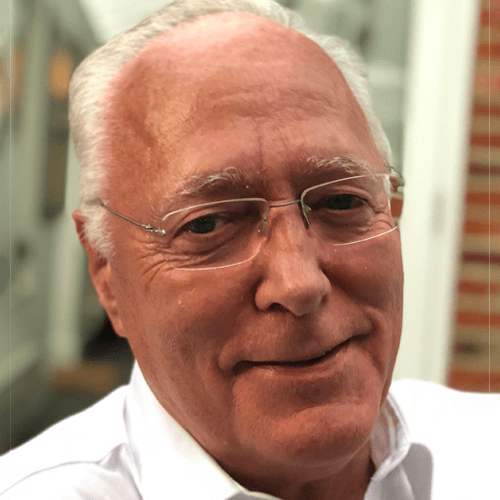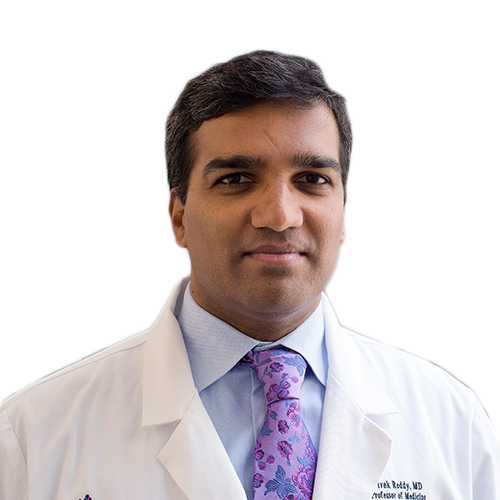07
Jul
2020
17:00
BST
Webinar
Emerging Evidence in Left Atrial Appendage Occlusion vs. Oral Anticoagulation Therapy with NOAC
-
Views:
 664
664
-
Likes:
 1
1
Overview
Transcatheter left atrial appendage occlusion (LAAO) is proven non-inferior to warfarin in atrial fibrillation (AF). However, novel oral anticoagulation (NOAC) is now preferred over warfarin as thromboprophylaxis in AF. This study sought to investigate clinical outcome and prognosis in patients with AF treated with either LAAO or NOAC.
Based on the global prospective Amulet Observational Registry (n=1,088), the faculty performed a follow-up study using propensity score 1:2 matching with replacement. A group of 18,570 patients with incident AF and treatment with NOAC (time period 2013-2015) was identified through the Danish National Patient Registry and the Danish National Prescription Registry.
The primary outcome was a composite of ischemic stroke, systemic embolism, major bleeding and all-cause mortality. Secondary outcomes were the individual endpoints of ischemic stroke, major bleeding and all-cause mortality. Both cohorts included the analysis for 2 years of follow-up.
Here, the study author and panelists discuss the findings and wider implications for clinical practice in further detail.
Faculty:

Jens Erik Nielsen Kudsk

A John Camm

Vivek Reddy
This webinar is supported by

Learning Objectives
- Review of study results. What does the latest data tell us?
- Discussion on study importance and why this information is important?
- Discussion on clinical insights & impact for future LAAO vs NOAC drug studies
- Outlook for global CATALYST trial evaluating safety and effectiveness of Amulet compared to NOAC therapy
Audience
- Interventional Cardiologists implanting LAAO devices
- Electrophysiologists implanting LAAO devices
- Stroke specialists: Neurologists, General Cardiologists managing high risk ischemic stroke patients
- Gastroenterologists managing patients who have had or at high risk for bleeding from oral anticoagulant therapy
- Nephrologists managing patients who have had or at high risk for bleeding from oral anticoagulant therapy
Faculty Biographies

Jens Erik Nielsen Kudsk
Jens Erik Nielsen Kudsk is a Professor of Cardiology and Head of Structural Heart Interventions at Aarhus University Hospital, Denmark. He has many clinical areas of interest, including structure heart (LAAC). Prof Nielsen Kudsk is widely published and has lectured internationally, including at leading congresses and events.

A John Camm
John Camm is British Heart Foundation Professor of Clinical Cardiology (Emeritus) at St George’s University of London, London, UK. His interests include cardiac arrhythmias, atrial fibrillation, stroke prevention, and anticoagulation.
Prof Camm is Editor of the European Society of Cardiology Textbook of Cardiovascular Medicine and ESC CardioMed, Electrophysiology of the Heart, Clinical Cardiology and Evidence Based Cardiology. He has written or edited more than 40 books, predominantly in the field of cardiac arrhythmology. He has authored or co-authored more than 1450 peer reviewed papers, more than 500 book chapters, and in excess of 2500 accepted abstracts. He has delivered more than 1000 international lectures.
Prof Camm has been involved in the production of numerous guidelines, including the ESC guidelines for the management of atrial fibrillation.
Prof Camm is a member of the Arrhythmia & Electrophysiology Review editorial board.

Vivek Reddy
Dr Vivek Y. Reddy is Director of Cardiac Arrhythmia Services for The Mount Sinai Hospital and Director of Electrophysiology for the Mount Sinai Health System, and The Leona M. and Harry B. Helmsley Charitable Trust Professor of Medicine in Cardiac Electrophysiology at the Icahn School of Medicine at Mount Sinai.
Dr Reddy is one of the US's premier cardiac electrophysiologists. He leads a team of physician-scientists who are developing and testing advanced therapies for cardiac arrhythmias and heart failure, including catheter ablation for atrial fibrillation and ventricular tachycardia, and device therapies for stroke prevention. Under his leadership, Mount Sinai is the lead investigational site for many multinational clinical trials exploring new arrhythmia procedures and technologies, most recently pulsed field ablation to treat atrial fibrillation. Moreover, in 2014, he implanted the world’s first miniature leadless pacemaker, as well as the first leadless pacemaker in the United States at The Mount Sinai Hospital.





